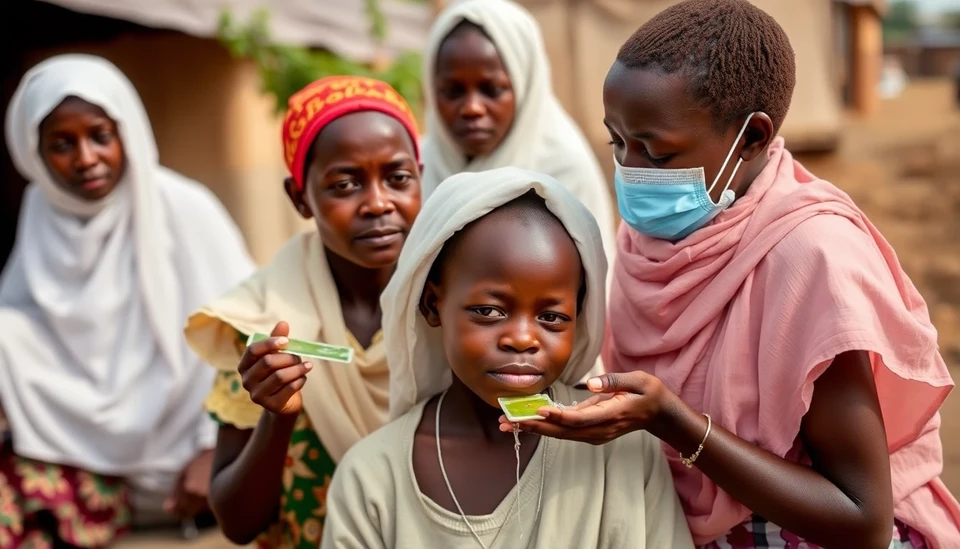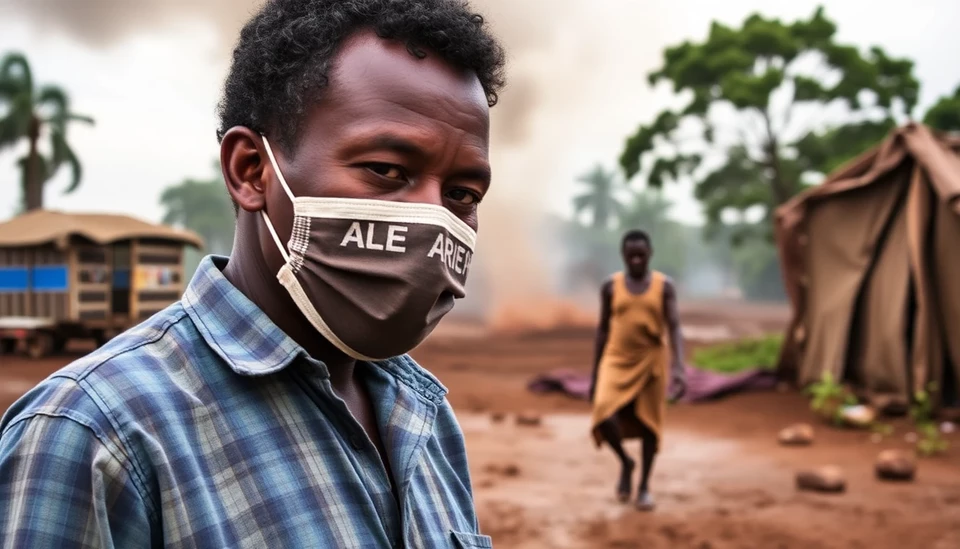
Recent health reports indicate that cholera has surged to the forefront of disease emergencies in Africa, becoming the continent's most pressing health concern. As climate change exacerbates the situation, the spread of this deadly infection has intensified, affecting thousands of individuals across various regions.
This alarming rise in cholera cases has been attributed to a combination of factors, including extreme weather conditions, such as heavy rainfall and droughts, which have influenced water and sanitation infrastructure. These factors create ideal conditions for cholera bacteria to thrive, leading to outbreaks in regions previously unaffected.
The World Health Organization (WHO) has reported an exponential increase in cholera cases compared to previous years. In 2025 alone, cases have exceeded expectations, highlighting the vulnerability of communities that lack adequate access to clean water and sanitation facilities. Health experts are warning that if urgent measures are not taken, the situation could deteriorate even further, putting millions at risk.
In response to the escalating crisis, governments and health organizations are mobilizing resources and strategies to combat the outbreak. Emergency response teams are being dispatched to the worst-hit areas, working to establish temporary medical facilities, providing vaccines, and implementing public health campaigns to educate communities about cholera prevention.
Experts emphasize the critical intersection of climate change and public health. As rising temperatures and erratic weather patterns become more commonplace, diseases like cholera are expected to emerge in new areas, endangering populations that are already at risk due to other health challenges and infrastructural deficiencies. There are calls for increased adaptation measures to address these changing conditions and mitigate the impacts on health.
Local communities are also encouraged to engage in preventative practices, such as boiling water, proper sanitation, and maintaining hygiene, to reduce the risk of transmission. Nevertheless, the socio-economic ramifications posed by cholera outbreaks cannot be overlooked, as they further strain health systems that are already stretched thin by other endemic diseases.
The dire situation calls for international support and collaboration to not only address current cholera cases but also fortify the resilience of health systems across Africa against the ongoing threats presented by climate change. In light of these developments, the global health community faces a significant challenge: combating the resurgence of cholera while addressing the underlying factors that facilitate its spread.
As this crisis unfolds, attention remains focused on both immediate relief efforts and long-term strategies aimed at enhancing water security, sanitation, and overall public health infrastructure across vulnerable regions. The need for sustainable solutions has never been more urgent, as communities grapple with the profound implications of climate change and public health emergencies.
In summary, as cholera becomes the leading disease emergency event in Africa amidst the impacts of climate change, urgent action is necessary to safeguard the health and well-being of affected populations. Addressing the immediate need for medical assistance while also tackling the broader socio-environmental factors at play will be essential in turning the tide on this public health crisis.
#cholera #climatechange #healthcrisis #Africa #outbreaks #publichealth #sanitation
Author: Victoria Adams
